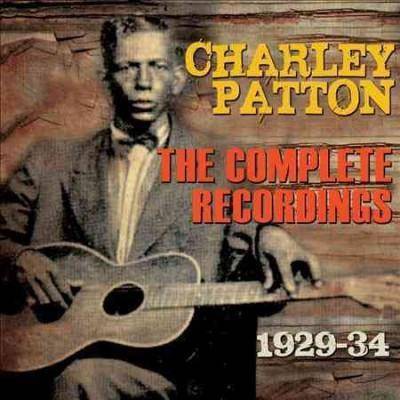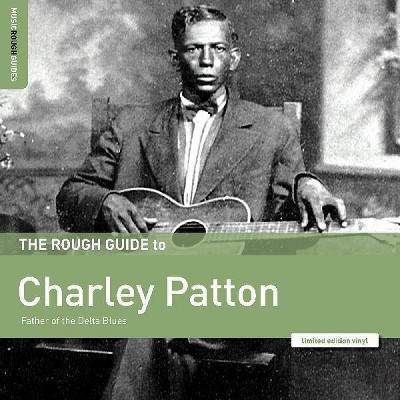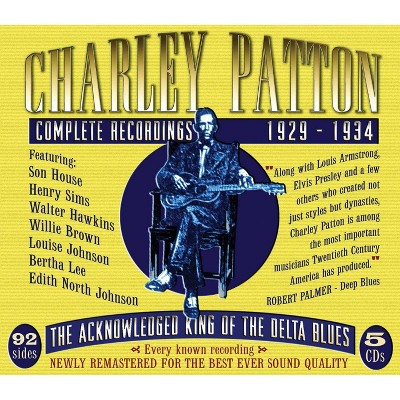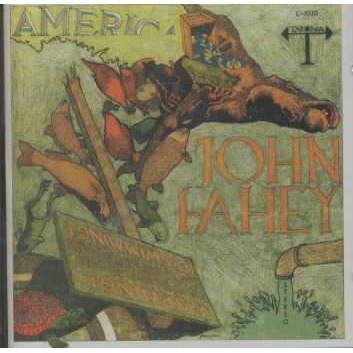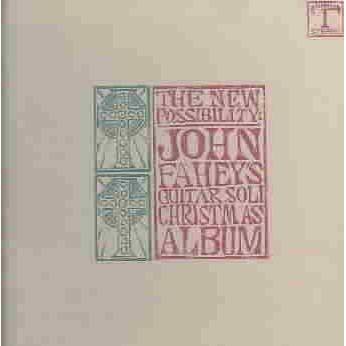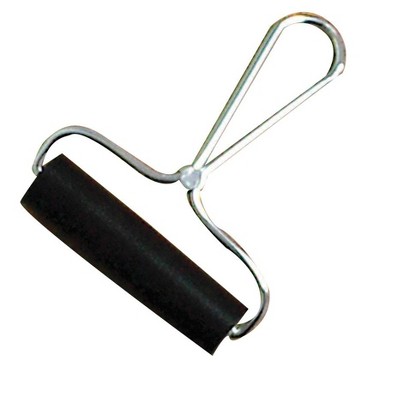Charley Patton - by John Fahey (Paperback)

Similar Products
Products of same category from the store
Product info
<p/><br></br><p><b> About the Book </b></p></br></br>Noted guitarist John Fahey presents a textual and musicological examination of the music of blues legend Charley Patton. This new edition is enhanced by Fahey's notes from the Grammy-winning, out-of-print box set <i>Screamin' and Hollerin' the Blues: The Worlds of Charley Patton</i>.<p/><br></br><p><b> Book Synopsis </b></p></br></br>The Father of the Delta Blues, Charley Patton (1891-1934) was born and raised around Mississippi's cotton plantations. During the 1920s, he was the first of the region's great stars, performing for packed houses throughout the South and making popular recordings in New York City. His music -- ranging from blues and ballads to ragtime and gospel -- is distinctive for his gravelly, high-energy singing and the propulsive beat of his guitar. Patton had a lively stage presence, originating many of the guitar-playing antics now associated with Jimi Hendrix and other latter-day musicians. His influence, among both his contemporaries and subsequent blues artists, is incalculable. <br> Noted guitarist John Fahey presents a textual and musicological examination of Patton's music. This new edition of the original 1970 publication is enhanced by Fahey's notes from the Grammy-winning, out-of-print box set <i>Screamin' and Hollerin' the Blues: The Worlds of Charley Patton</i>. Available for the first time outside the set, Fahey's reconsideration of Patton's music offers fresh perspectives and key corrections of the historical record.<p/><br></br><p><b> About the Author </b></p></br></br>The Father of the Delta Blues, Charley Patton (c.1891-1934) was born and raised amid Mississippi's cotton plantations. During the 1920s he was the first of the region's great stars, performing for packed houses throughout the South and making popular recordings in New York City. His music -- ranging from blues and ballads to ragtime and gospel -- is distinctive for his gravelly, high-energy singing and the propulsive beat of his guitar. Patton possessed a lively stage presence, originating many of the guitar-playing antics now associated with Jimi Hendrix and other latter-day musicians. His influence, among both his contemporaries and subsequent blues artists, is incalculable. <br> John Fahey (1939-2001) was an acoustic guitar pioneer who studied folklore and the techniques of blues musicians. The spiritual father of the "American primitive guitar," Fahey turned the guitar solo into a metaphysical exercise. He set up Takoma Records in 1959 to release not only his own albums but also Leo Kottke's "6 & 12 String Guitar" (1971), an artist with whom he later also collaborated. In addition to his albums and record label work, Fahey published three books: the Patton bio (originally his master's thesis) and two mixtures of fact and fiction: <i>How Bluegrass Music Destroyed My Life</i> and <i>Vampire Vultures.</i>
Price History
Price Archive shows prices from various stores, lets you see history and find the cheapest. There is no actual sale on the website. For all support, inquiry and suggestion messages communication@pricearchive.us
